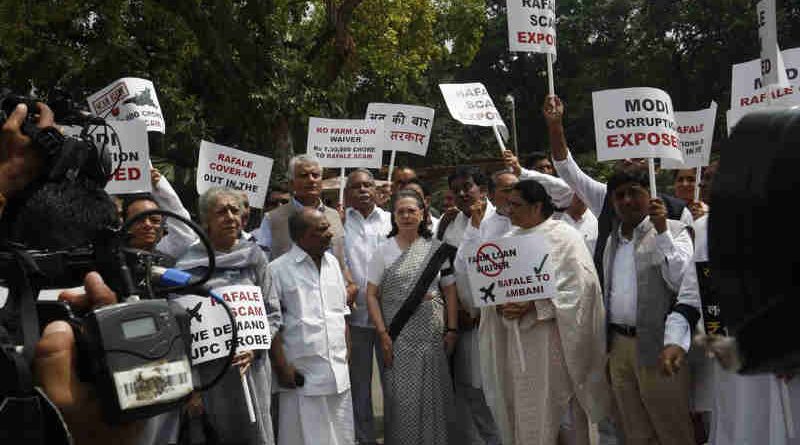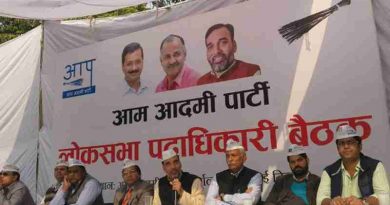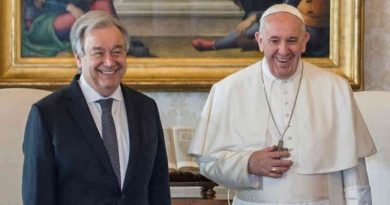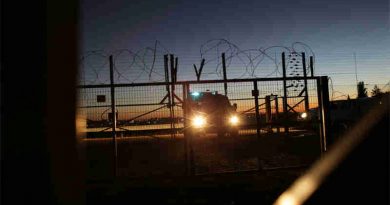Political Corruption Causing Protests and Unrest Around the World: UN
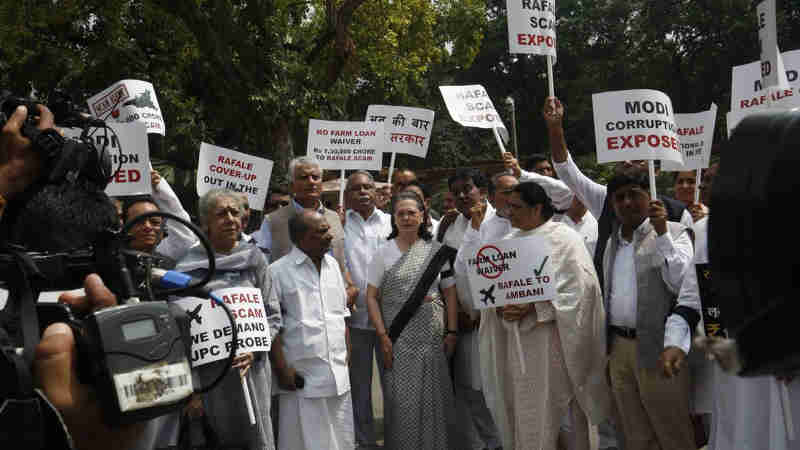
The UN High Commissioner for Human Rights Michelle Bachelet has expressed deep concern over the ongoing unrest erupting in most parts of the world.
Ravina Shamdasani, a spokesperson for the UN human rights chief, in a statement issued Friday stated that the current or very recent protests include ones taking place in Bolivia, Chile, Hong Kong, Ecuador, Egypt, Guinea, Haiti, Iraq, and Lebanon.
Major protests also took place earlier in the year in Algeria, Honduras, Nicaragua, Malawi, Russia, Sudan. and Zimbabwe, as well as in a number of EU countries, including France, Spain, and the UK. According to the statement, this list is far from exhaustive.
Of course the reasons behind these protests are complex and varied, and it is important not to come to sweeping conclusions, the statement adds. But there are common threads among many of the protests: populations that are fed up and angry, especially with socio-economic conditions, corruption, inequalities, and the general widening gap between rich and poor.
[ Download and Read: Delhi Disaster Report 2019 ]
Speaking to correspondents at UN Headquarters in New York on Friday, UN chief António Guterres said that although “every situation is unique” there are common underlying factors which constitute “rising threats to the social contract” between citizens and the political class.
“People want a level playing field, including social, economic and financial systems that work for all,” together with respect for their human rights and a real say in decisions that affect them, Mr. Guterres added.
These sentiments are exacerbated by growing mistrust of institutions of government, politicians, and ruling elites. Some protests have been triggered by one or two specific developments, and have then metamorphosed into expressions of deep public dissatisfaction on a whole range of issues spanning the political, social, and economic spectrum.
Some have been fanned by poor government responses or by excessive use of force against the initial protesters, which have brought tens of thousands more people onto the streets in solidarity with those who have been killed, injured, or arrested by security forces who in many cases have failed to abide by international standards governing use of force, and tried to obstruct fundamental human rights such as freedom of peaceful assembly and association, and freedom of expression.


